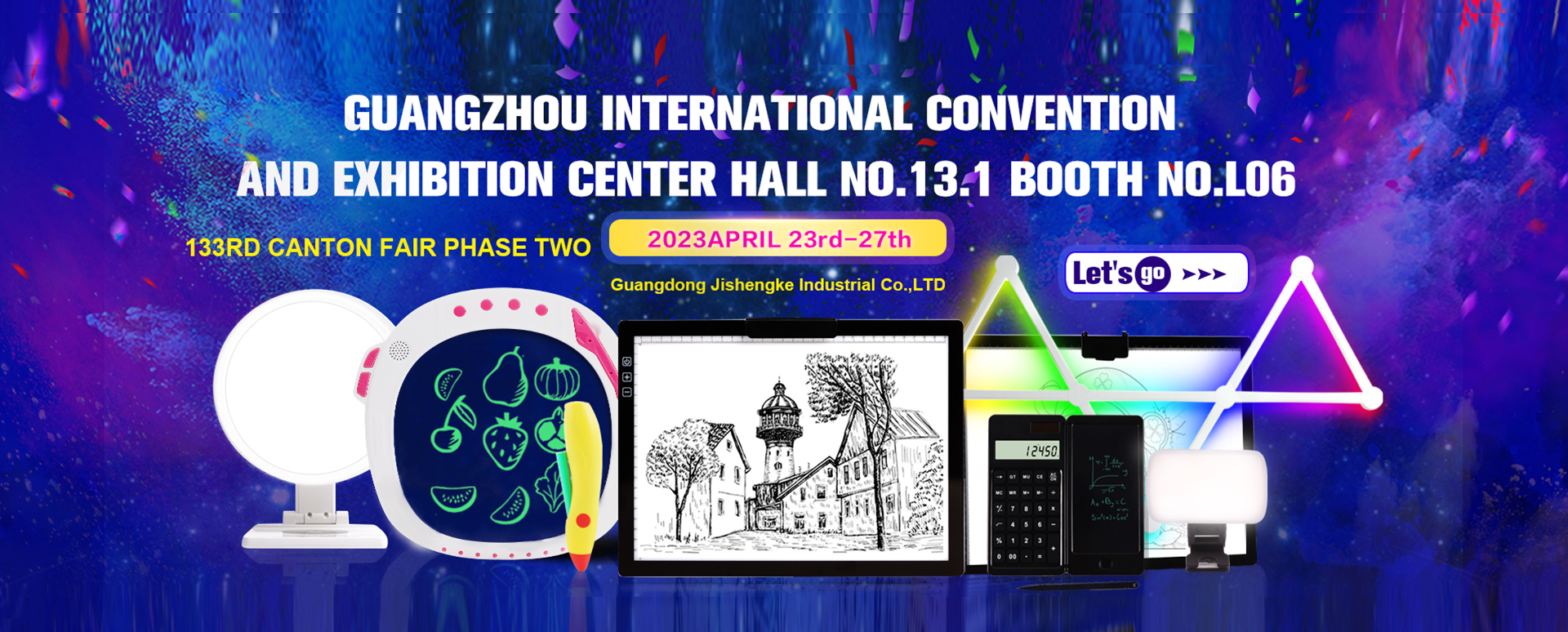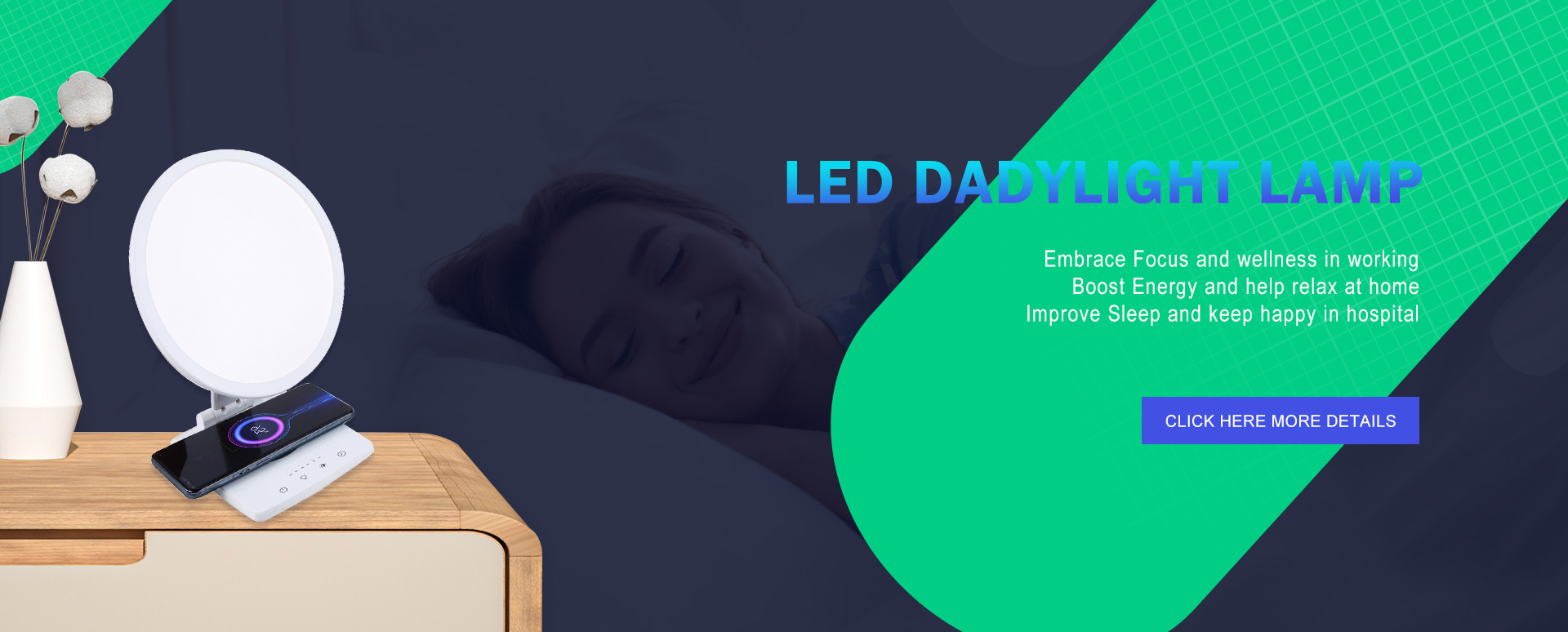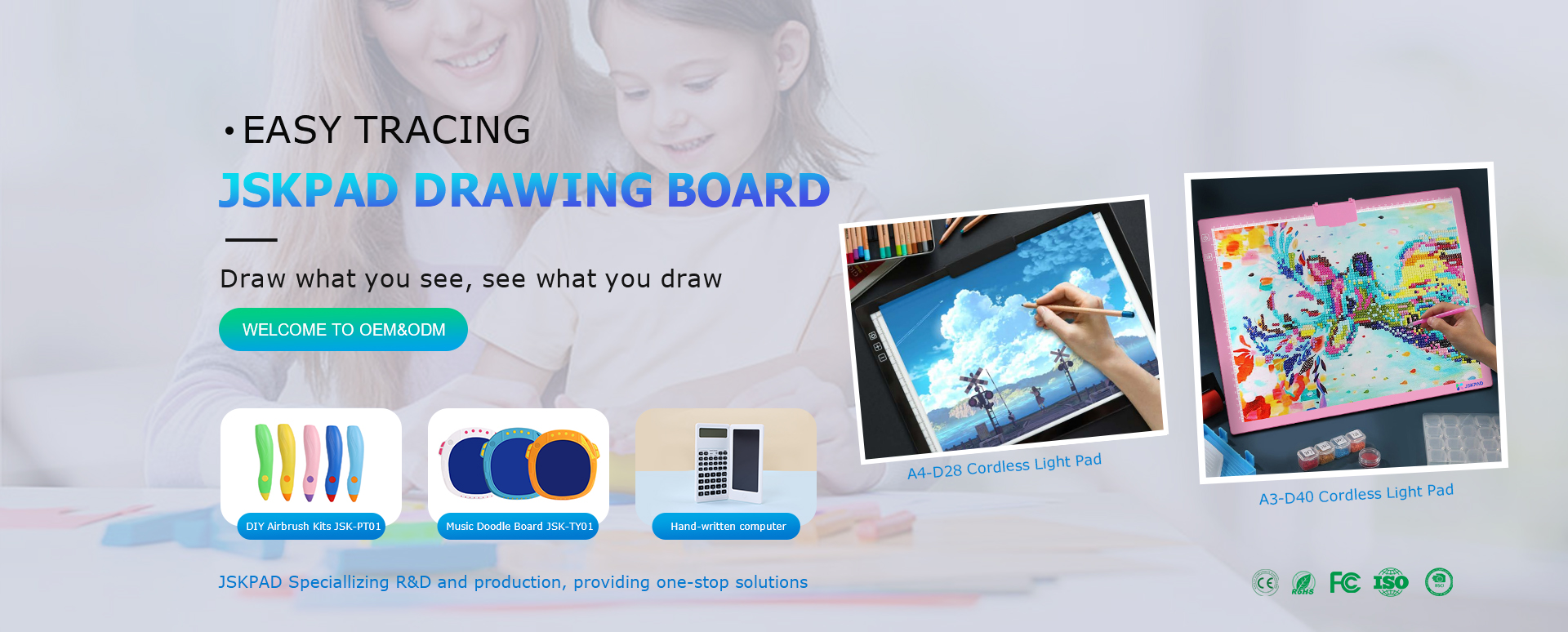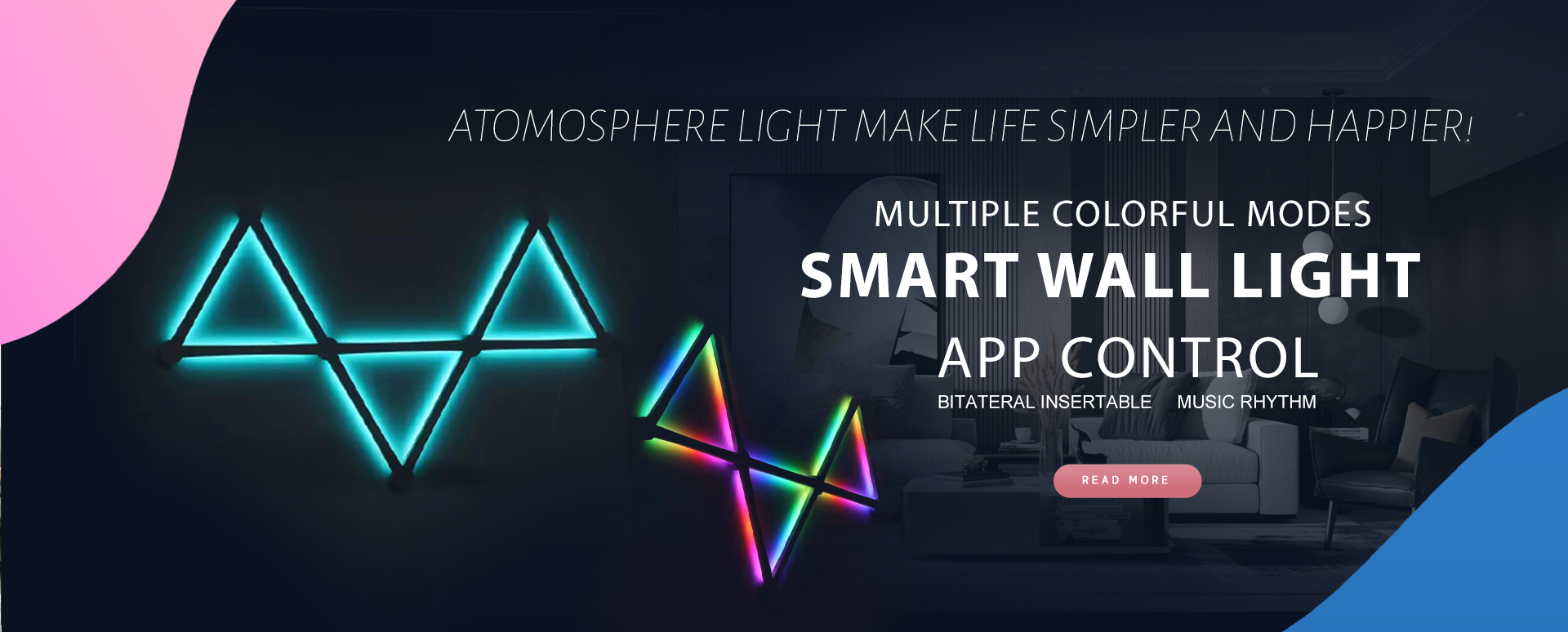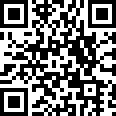In order to improve environmental protection standards, the European Union recently passed a bill. It is stipulated that from the fall of 2024, all small and medium-sized mobile electronic products sold in Europe must use USB-C as the charging interface. The passage of the bill hit Apple hard.
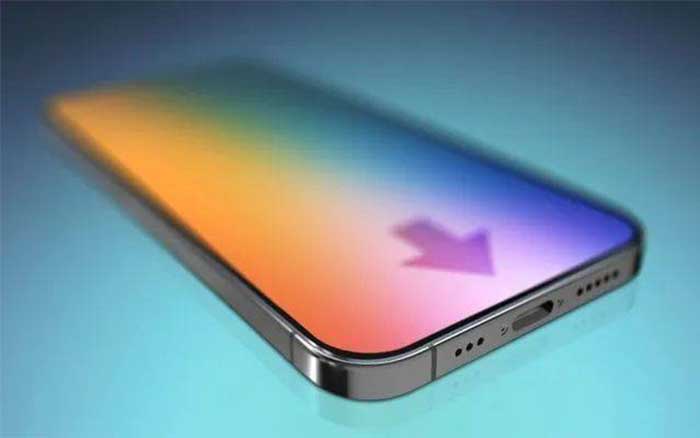
As we all know, although Apple's Mac and iPad have used the USB-C interface, Apple's iPhone still uses the Lightning interface to charge, which is different from the Android device that uses the USB-C interface to charge.
Therefore, the EU's bill is very happy for users who use Apple devices. After all, almost all households can easily find USB-C charging devices, so it is no longer necessary to buy corresponding data cables and chargers separately.
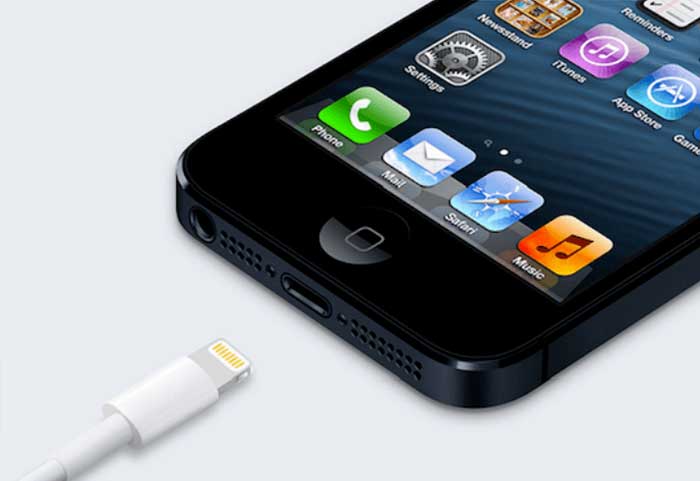
EU aims to be environmentally friendly
According to EU statistics, more than 56 million iPhones will be sold in the EU in 2021. If the USB-C interface is forced to be replaced, it can save consumers 250 million euros, while reducing more than 1,000 tons of e-waste and 200 kilograms of carbon dioxide every year.
However, industry insiders believe that replacing the USB-C interface with an iPhone is only the case, which can be said to be a drop in the bucket when electronic waste is all over the place.
Taking the common mobile phones on the market as an example, all major manufacturers have their own brands of fast charging. At present, the highest fast charging can reach 150W, and the mobile phone can be fully charged within 20 minutes.
It is worth noting that the fast charging protocol of almost all mobile phone manufacturers is not universal, that is to say, even if the interface is unified, it is difficult to achieve a charger head and cable to handle all mobile phones even if the USB-C charging protocol is not unified. Although the data can be charged with general energy, there are certain security risks and the possibility of damage to the machine in the context of inconsistent protocols.
This is also the reason why many mobile phone merchants ask users to purchase original accessories. Although the products developed by third-party manufacturers can undertake the charging function, they have not been certified by the original factory, so they must be different from the original products.
If forced to mix charging, it is easy to cause the problem of overheating of the mobile phone, which may cause the mobile phone to spontaneously ignite and explode.
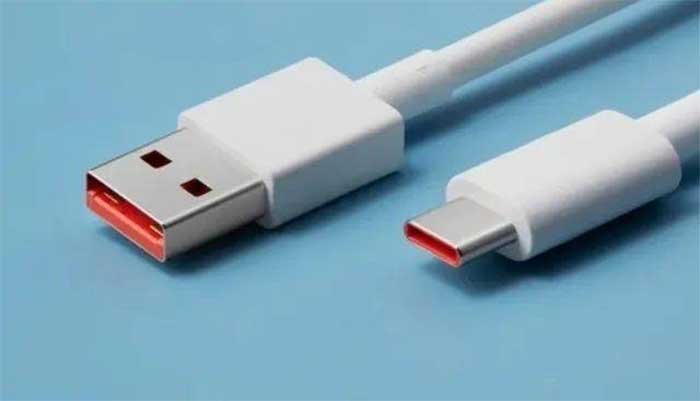
In addition, if the mixed charging protocol is not unified, the charging speed of the mobile phone will be slower, or the device will be in a load state, which will accelerate the aging of the battery and indirectly cause waste of resources, which is contrary to the EU's environmental protection purpose!
Comprehensive environmental protection also requires a unified charging protocol
Therefore, in order to achieve comprehensive environmental protection, it is necessary to unify the charging protocols of various brands. It is understood that the EU bill has been discussed for 10 years, and Apple has always been the biggest opponent. The reason for the opposition is that the bill stifles innovation. Therefore, it is almost difficult to achieve a unified charging standard for mobile phone manufacturers in the whole industry.
Moreover, due to the different charging requirements and data transmission requirements of different devices, chargers and data cables with different parameters and specifications are bound to appear, which is difficult to achieve ideal unity.
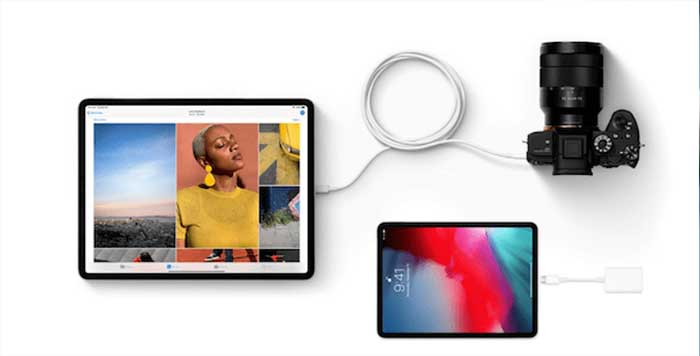
It can be said that the road to environmental protection of electronic products still has a long way to go. In any case, the passage of the EU bill will mean that Apple will have to use USB-C on iPhones sold in the EU. It is still very beneficial for consumers.
So it seems that the EU wants to idealize environmental protection, and maybe there is more room to play.

